Parts of India, especially in the North, are struggling to survive amid extremely high temperatures. A new study has revealed that hotter nights are only adding to the woes of the people. But what’s causing the nocturnal mercury levels to remain high? read more
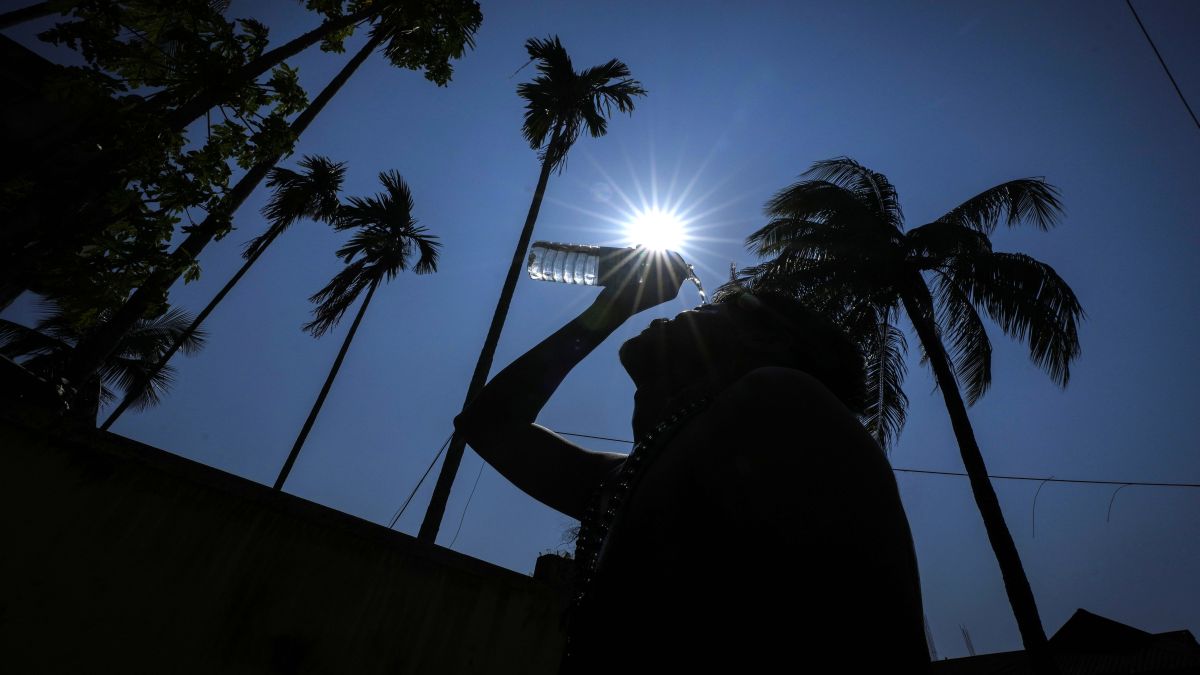)
A man pours water on his face to cool off on a hot summer day in Guwahati, India. Most parts of the north India are sweltering under scorching temperatures with the capital New Delhi under a severe weather alert as extreme temperatures strike parts of the country. AP
It’s a cruel, cruel summer. People across India, especially in the North, are grappling with record-high temperatures. Today (29 May), the National Capital, Delhi, recorded the highest-ever temperature the country has experienced at 52.3 degree Celsius. This highlights the extreme heatwave conditions affecting India.
And if you think people are getting respite from the scorching heat at night, think again. A study has revealed that Indian cities are not cooling down at night as much as they did during 2001-2010.
We take a closer look at why this phenomenon is occurring and how it’s affecting nighttime temperatures in the country.
No respite from the heat
The New Delhi-based Centre for Science and Environment (CSE) in their study, ‘Decoding the Urban Heat Stress among Indian Cities’ analysed data from six major cities — Delhi , Mumbai, Kolkata, Hyderabad, Chennai and Bengaluru — over a period of 23 years (January 2001 to April 2024).
As per their study, they have found that cities are not cooling down as much as they did during 2001-2010. Avikal Somvanshi at the Center for Science and Environment (CSE) was quoted as saying: “The temperature difference from morning to night used to be about 12 degrees Celsius or more two decades ago. That is not happening anymore in cities. If you see Delhi for example, the city does not cool down more than six to seven degrees Celsius in the peak summer season.”
The CSE study revealed that the land surface temperature during the summers of 2001-2010 would drop by 6.20-13.20 degrees Celsius from the daytime peak to the night-time low. In the last 10 summers (2014-2023), night-time cooling has reduced to 6.20-11.50 degrees Celsius.
Reasons behind night-time highs
Experts behind the study note that this rising night-time temperature is owing to the ‘ urban heat island ’ effect. ‘Urban heat island’ effect refers to the trapping of heat due to an increase in built-up area, declining green cover, congestion, heat absorption by urban structures, and heat generated by human activities. This causes the heart of megacities to be much warmer, especially at night, than its outskirts and neighbouring towns.
University of Washington climate and health expert Kristie Ebi in a CNN report explained that places with a lot of asphalt, concrete, buildings and freeways absorb more of the sun’s heat than areas with ample parks, rivers and tree-lined streets. At night, when temperatures are supposed to cool down, the retained heat is released back into the air.
Past studies have also shown that hotter nights are a consequence of the climate crisis. A separate study from the Indian Institute of Technology Bhubaneswar showed that urbanisation had led to nearly 60 per cent more night-time warming in over 140 prominent Indian cities compared to non-urban areas surrounding them.
Dangers of rising night-time temperatures
And the fact that the nocturnal temperatures aren’t reducing is a cause to worry. CSE’s Somvanshi was quoted as telling Voice of America that hot nights are as dangerous as midday peak temperatures because people get little chance to recover from day-time heat. “This is a public health crisis, especially for the elderly and those who work outdoors.”
In fact, a 2022 study in the Lancet Planetary Health had warned that the mortality risk on days with hot nights could be 50 per cent higher than on days when nights are not so hot.
Speaking on the same, Medical Society Consortium on Climate and Health’s executive director, Lisa Patel, told CNN: “We all know what it’s like to try to fall asleep on a hot night – it’s uncomfortable. We often lose sleep. It is estimated that by the end of the century, we could lose about two days of sleep per year, and it will be worse for people without access to air conditioning.”
Public health expert Dileep Mavalankar from the Indian Institute of Public Health Gandhinagar concurred with the view that rising night temperatures was a cause for concern. When night-time temperatures are very high, the body does not cool down and recover from the daytime heat. This can cause issues like heatstroke.”
Speaking to Times of India, he said: “There are two types of heat strokes, exertional or direct, and non-exertional or indirect. Exertional heatstroke can occur when a person is directly working under the hot sun. Non-exertional or indirect heatstroke happens when a person’s body temperature gets very high during the day or night because of extremely high surrounding temperature.”
If that’s not alarming enough, a study by researchers from Helmholtz Munich and the Augsburg University Hospital has shown that extreme night-time temperatures, both too hot and too cold, could significantly increase the risk of stroke. As per their study, extreme night-time heat increased the risk of stroke by seven per cent.
“Elderly people and women are particularly at risk, and it is mainly strokes with mild symptoms that are diagnosed in clinics after hot nights,” said the study’s lead and corresponding author, Cheng He. “Our results make it clear that adjustments in urban planning and the healthcare system are extremely important to reduce the risks posed by rising night-time temperatures.”
Also read: Too hot to handle: How much heat can a human body sustain?
Save yourself
So, what can one do to protect themselves from hotter nights? Experts say one must drink water throughout the day even if you are not feeling thirsty. Avoid alcohol and caffeine as they can dehydrate your body. Also, eat light, easily digestible meals in the evening. Heavy meals can increase your body’s metabolic rate and generate more heat.
Meanwhile, the CSE study has also called for governments to increase green cover in cities to create a cooling effect. It has also called for city-specific heat management plans. Moreover, it said that it was imperative to develop healthcare systems for heat-related disease burden, expand the shaded areas in cities, ensure availability of drinking water in public spaces, and reduce heat exposure for vulnerable and occupationally exposed groups in cities.
With inputs from agencies

 3 months ago
17
3 months ago
17

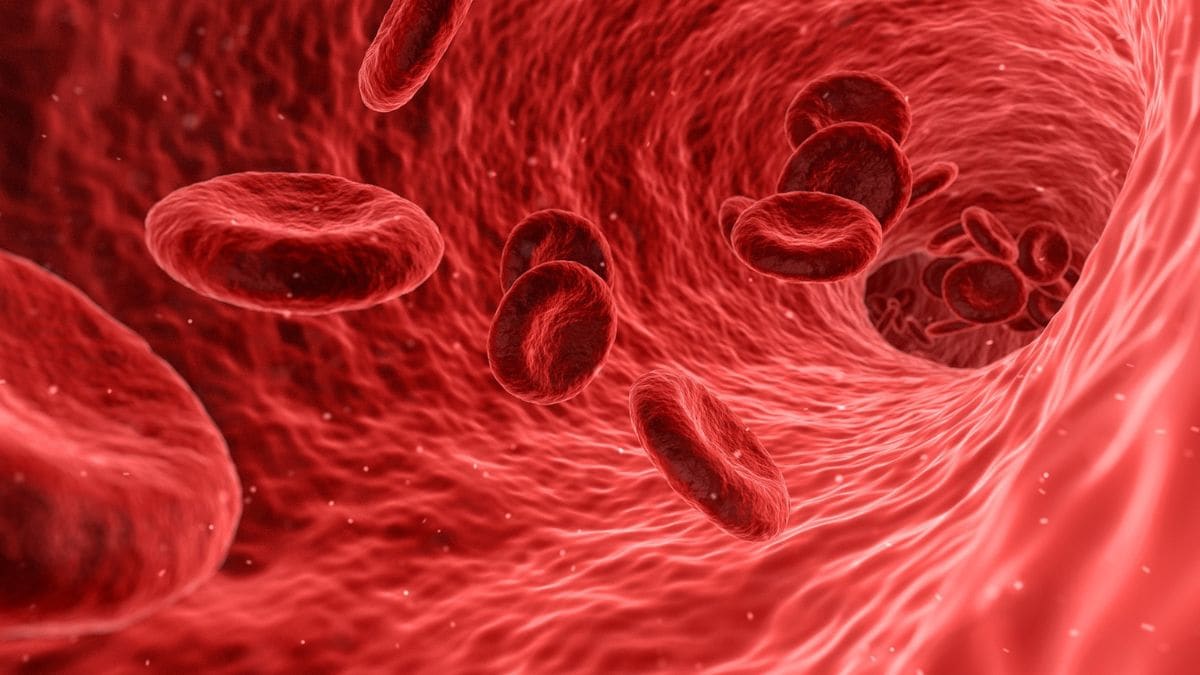
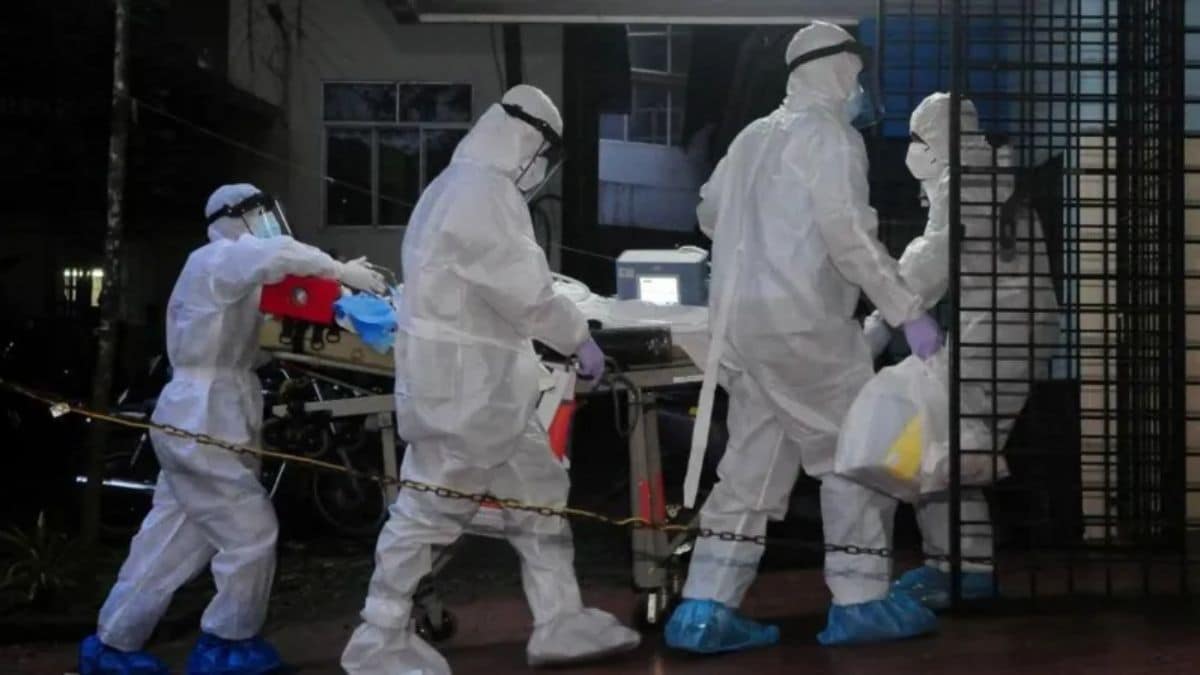
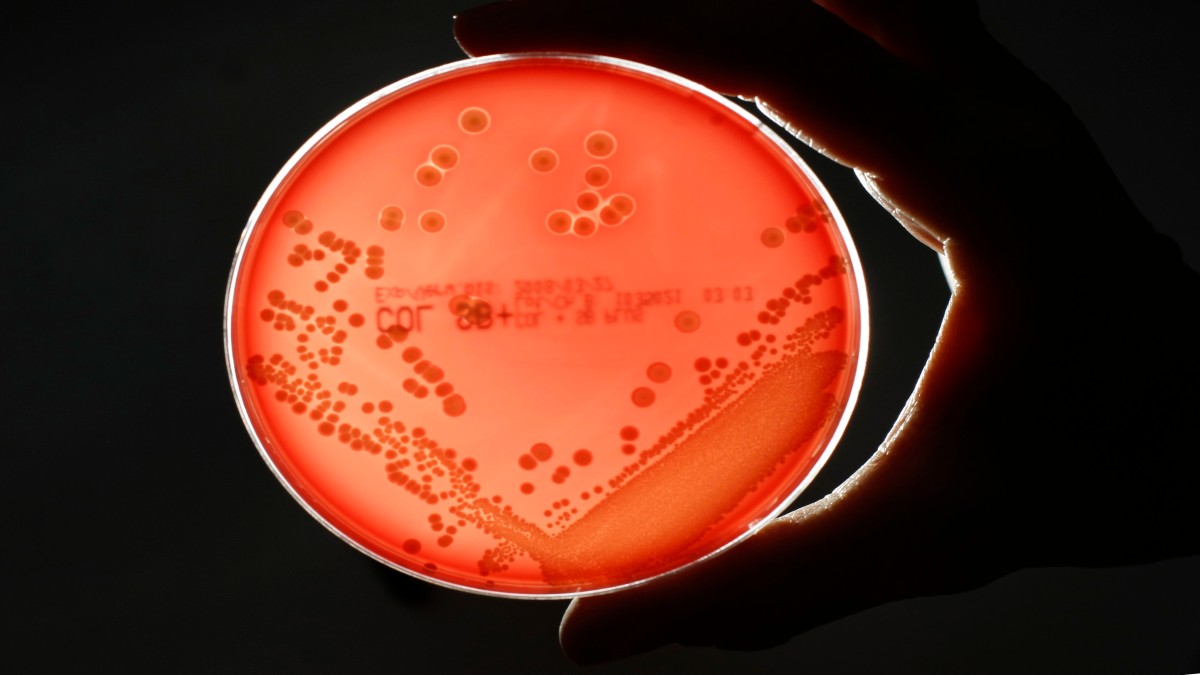
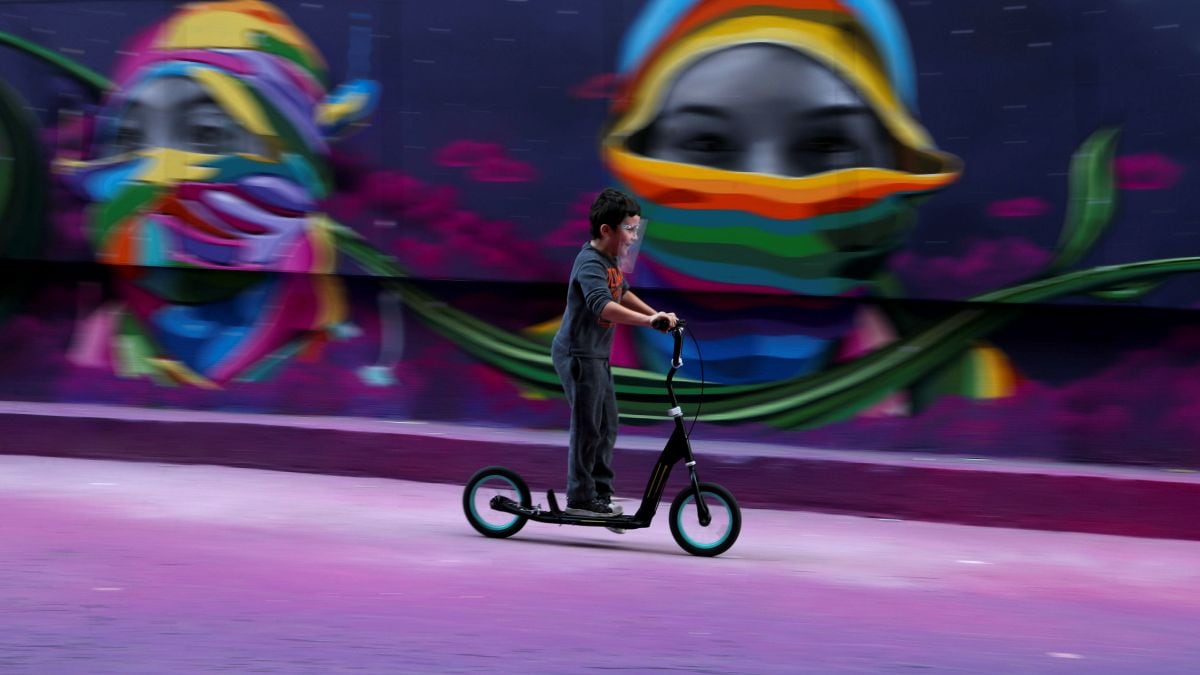

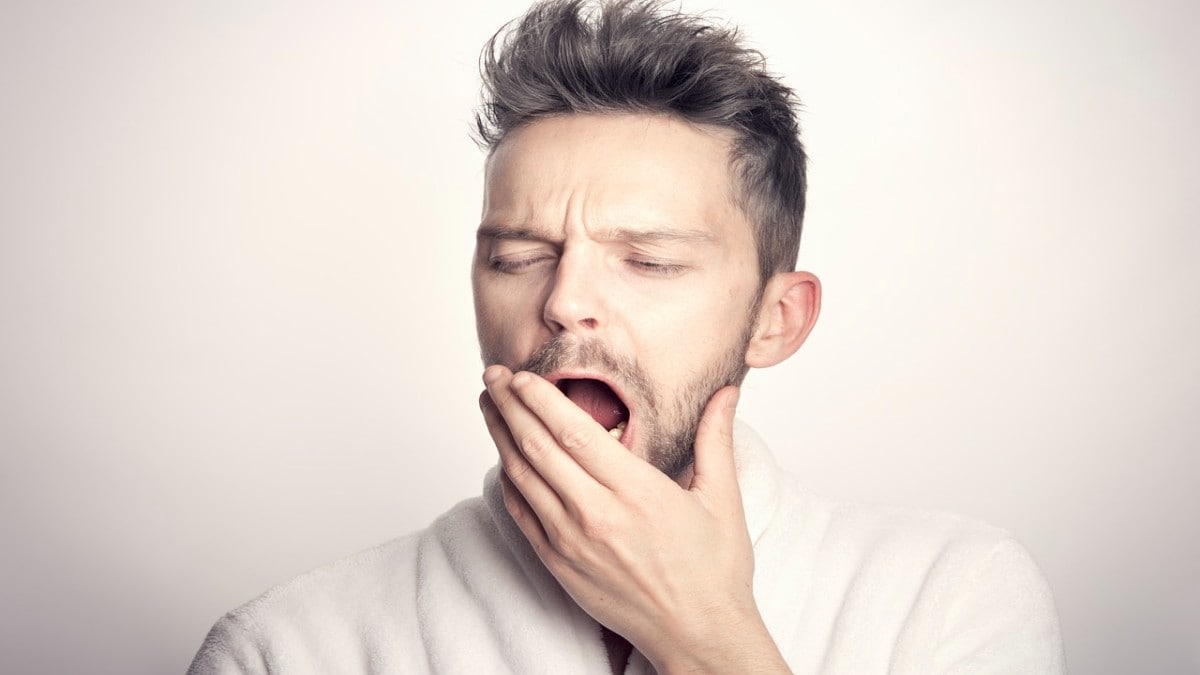
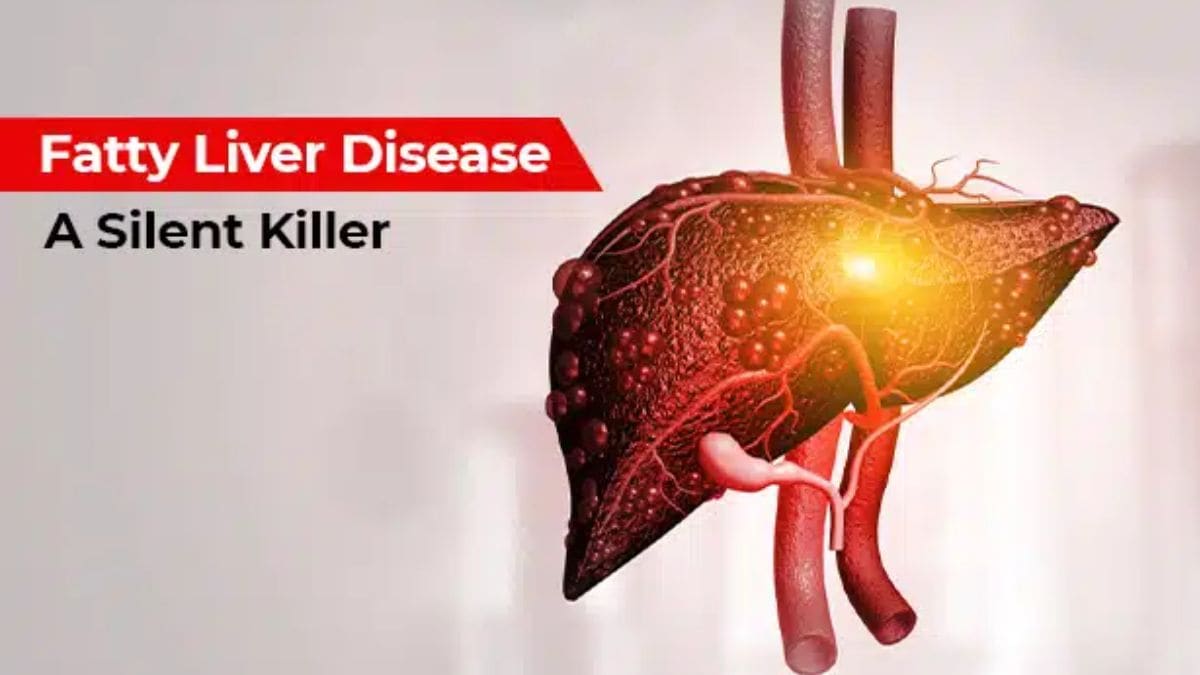

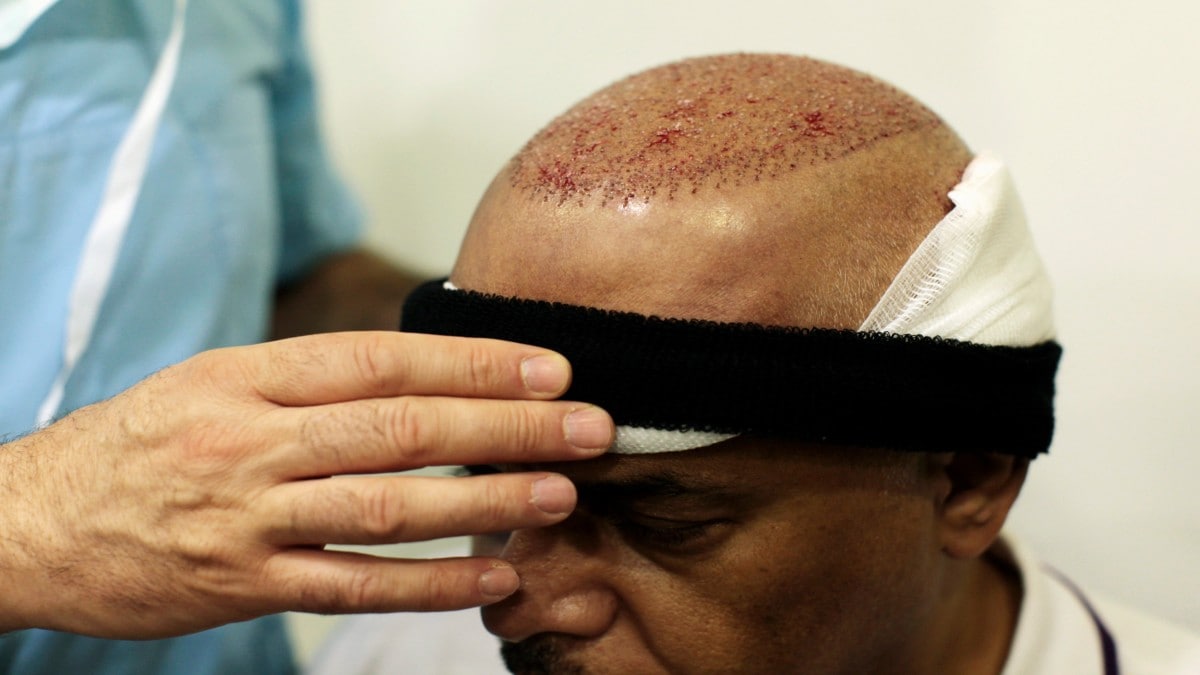

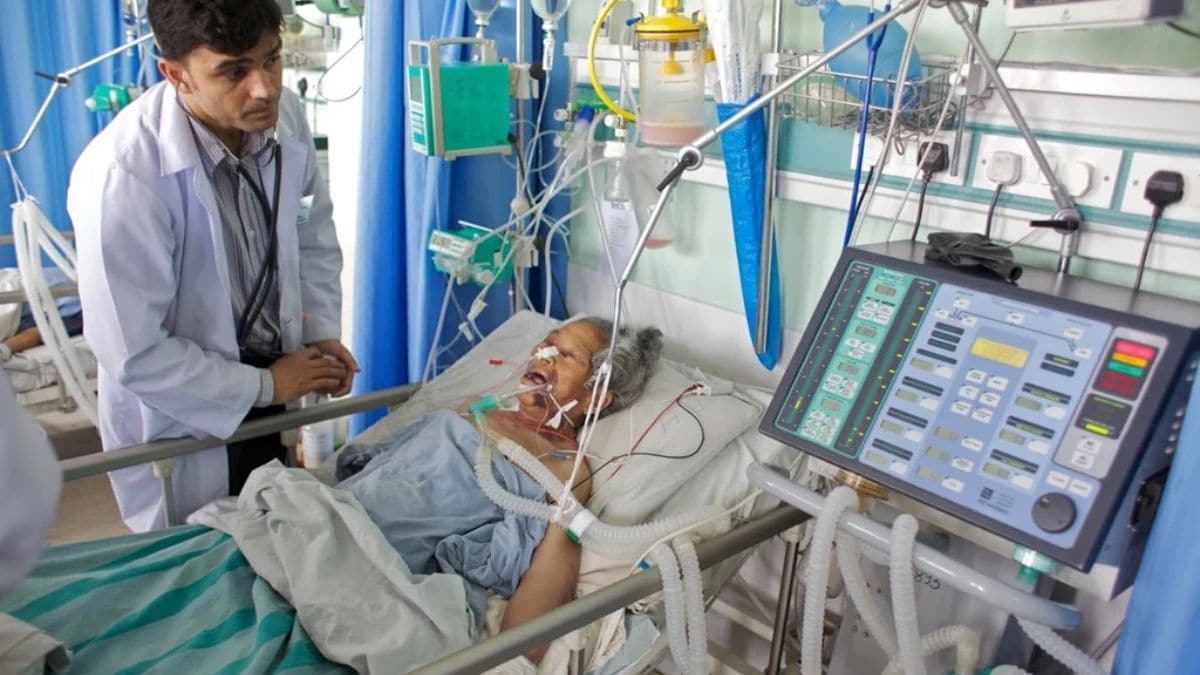
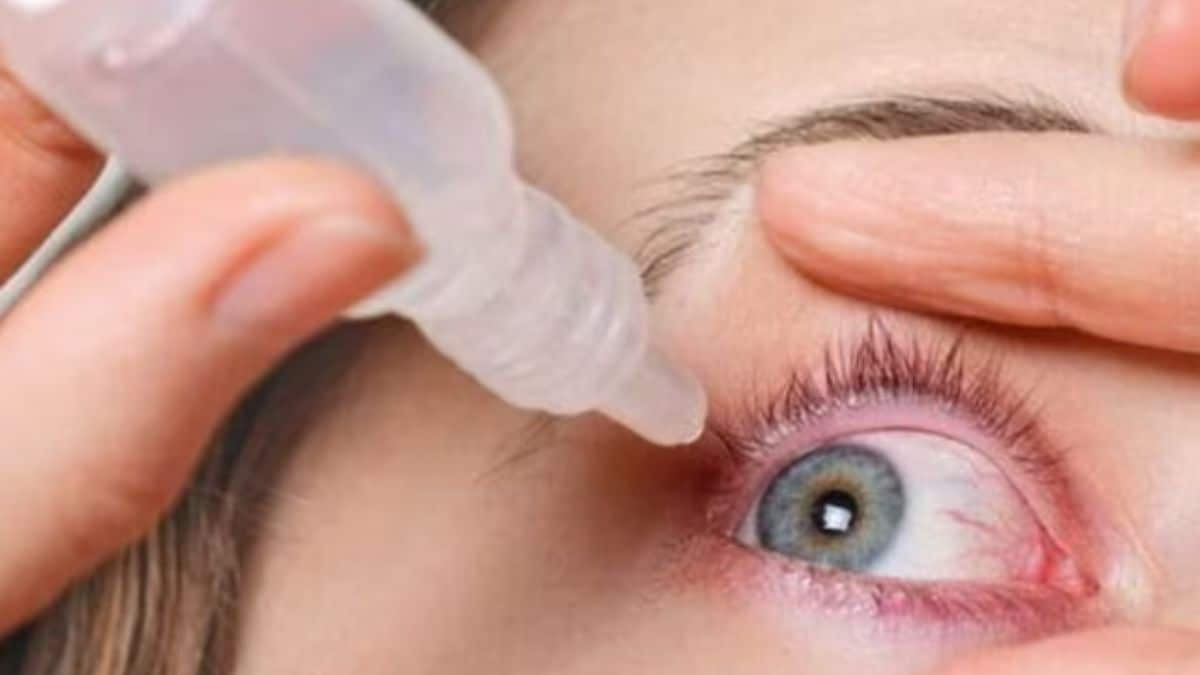

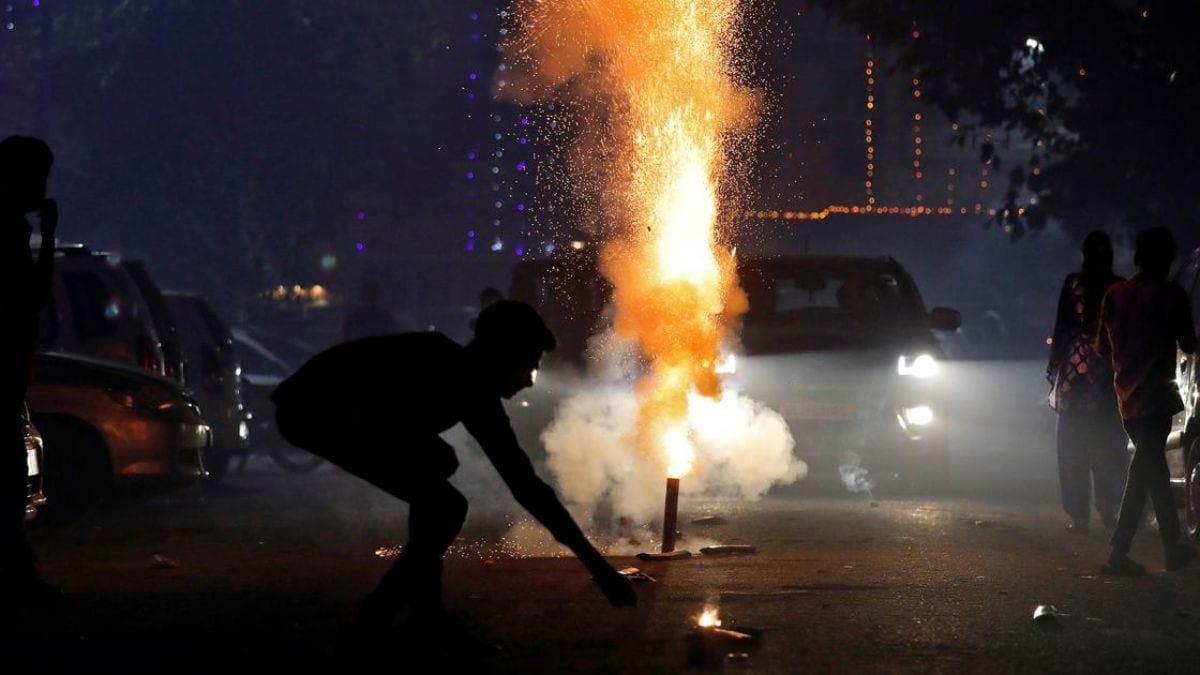
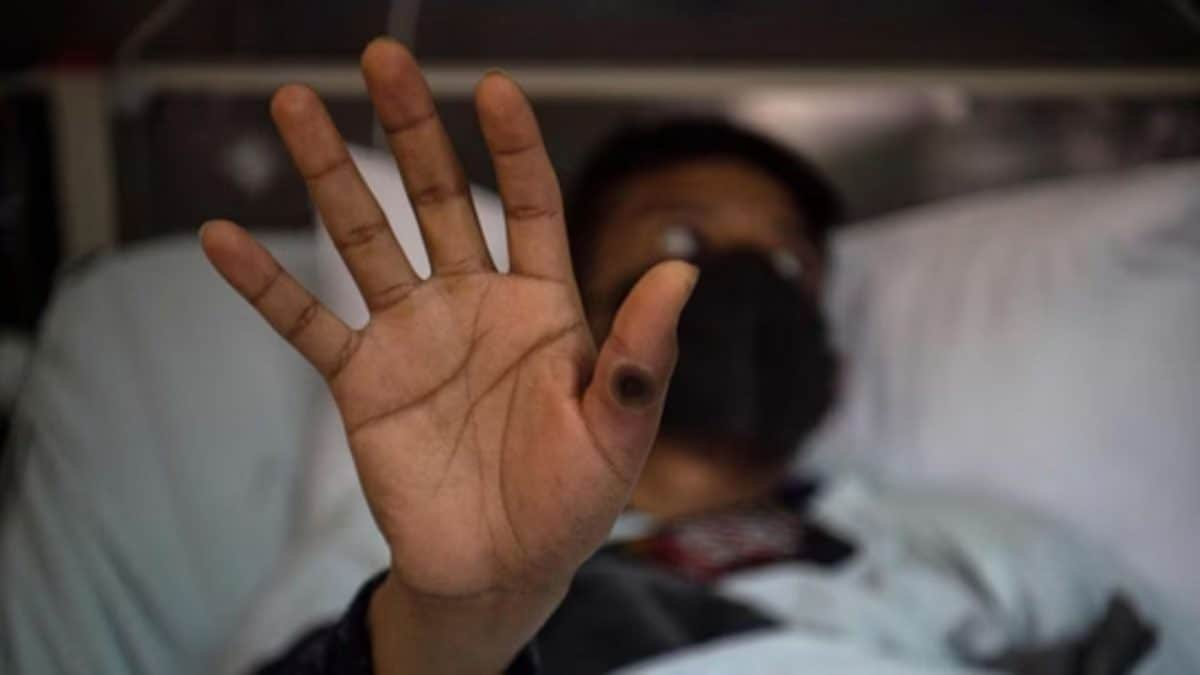
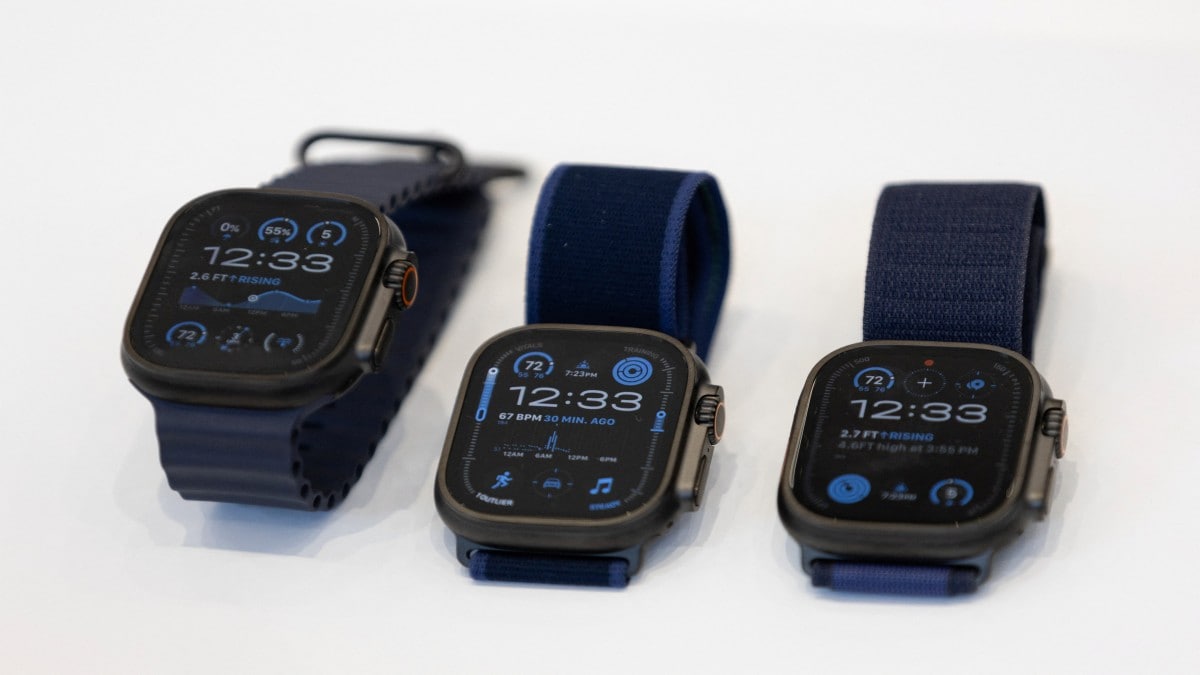
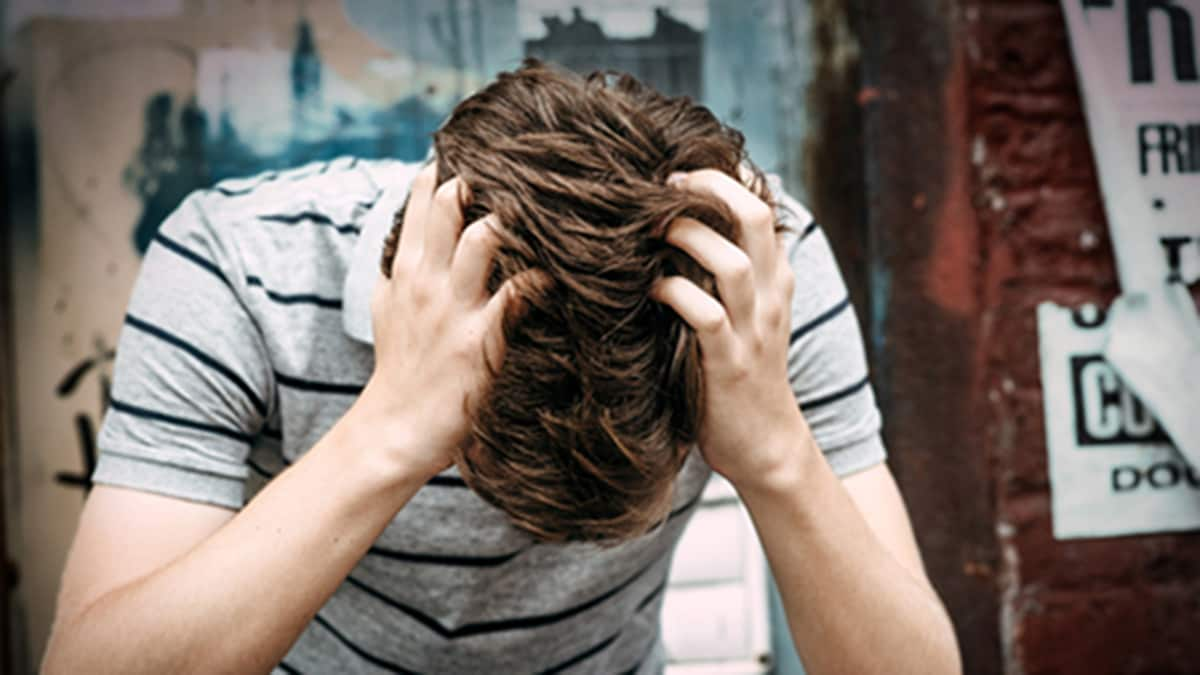
)
)
)
)
)
)
)
 English (US) ·
English (US) ·